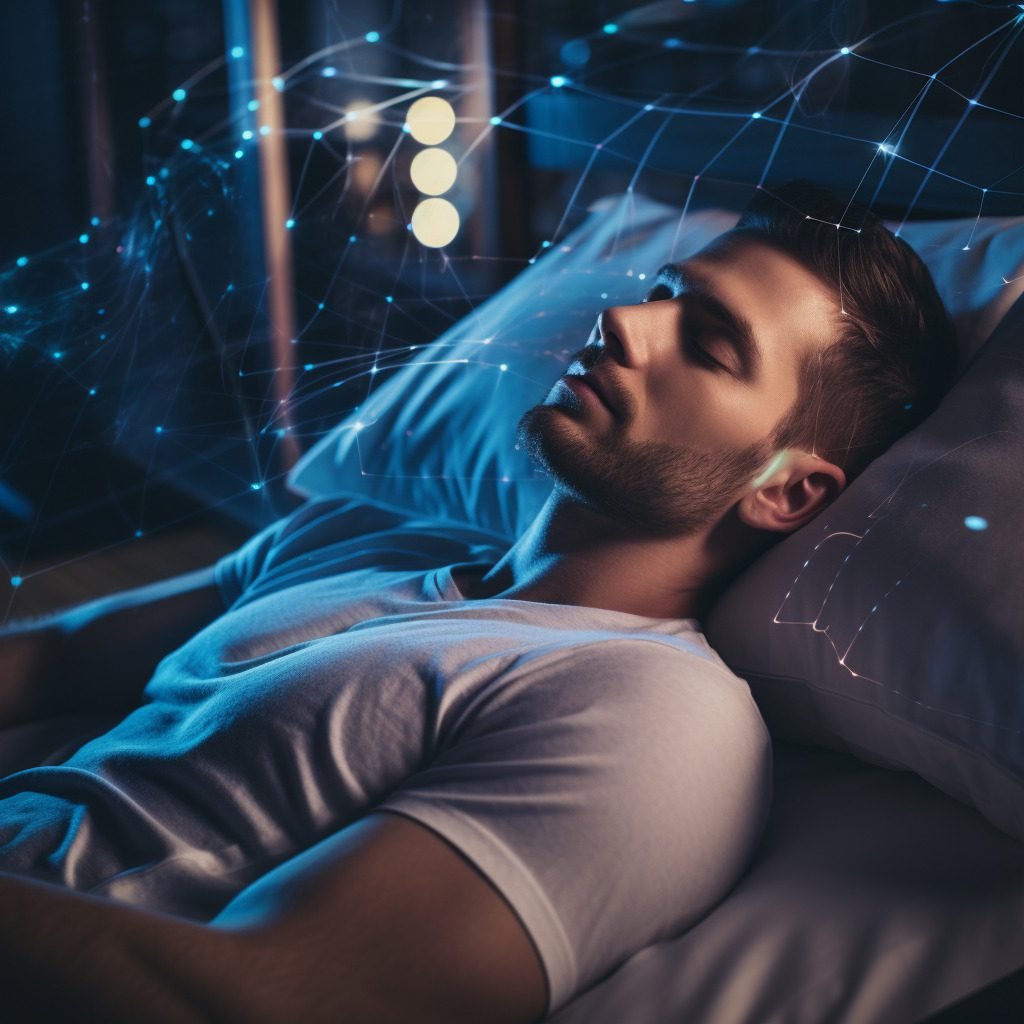
Biohacking Sleep: Tips and Tricks to Get More Rest
Introduction
In today’s fast-paced world, where stress and sleep disturbances are common, people are turning to biohacking to optimize their health and well-being. Biohacking, the practice of leveraging science and technology to improve one’s lifestyle, is gaining popularity in the health and fitness community. By leveraging the power of biohacking, we can unlock the secrets to better sleep, ensuring we wake up refreshed and ready to tackle the day ahead.
Key Concepts of Biohacking Sleep Hacks
Biohacking sleep involves incorporating various strategies and techniques to optimize the quality and duration of our sleep. Here are some key concepts to understand:
Concept 1: Sleep Optimization
Sleep optimization entails creating an ideal sleep environment that promotes deep and restorative sleep. This includes optimizing factors like room temperature, lighting, and noise levels. Additionally, establishing a consistent sleep schedule and practicing relaxation techniques before bed can help improve the quality of sleep.
Concept 2: Nutrition and Sleep
What we eat can have a significant impact on our sleep. Incorporating certain foods that promote healthy sleep, such as magnesium-rich foods and foods containing tryptophan, can aid in falling asleep faster and staying asleep longer. Conversely, avoiding stimulants like caffeine, especially close to bedtime, can help prevent sleep disturbances.
Concept 3: Exercise and Sleep
Regular physical activity can improve the quality of sleep. Engaging in moderate-intensity exercise earlier in the day can help regulate our sleep-wake cycle and promote the release of sleep-inducing hormones. However, it’s important to avoid intense exercise too close to bedtime, as it can stimulate the body and make it difficult to fall asleep.
Concept 4: Stress Management
Stress is a common disruptor of sleep. Incorporating stress management techniques, such as mindfulness meditation or deep breathing exercises, can help calm the mind and promote relaxation before sleep. Managing stress levels throughout the day can also have a positive impact on sleep quality.
Concept 5: Technology and Sleep Tracking
Advancements in technology have introduced sleep tracking devices that can provide insights into our sleep patterns. By monitoring factors like sleep duration, sleep stages, and sleep disruptions, we can identify areas for improvement and adjust our sleep habits accordingly.
Practical Biohacking Tips
Ready to optimize your sleep? Here are some practical biohacking tips to incorporate into your daily routine:
- Create a Sleep Sanctuary: Make your bedroom a sleep-friendly environment by keeping it cool, dark, and quiet. Invest in blackout curtains, earplugs, or a white noise machine if necessary.
Establish a Consistent Sleep Schedule: Aim to go to bed and wake up at the same time every day, even on weekends. This helps regulate your body’s internal clock and promotes better sleep.
Practice Sleep Hygiene: Develop a relaxing bedtime routine to signal to your body that it’s time to wind down. This could include activities such as reading a book, taking a warm bath, or practicing gentle stretching or yoga.
Mind Your Diet: Avoid heavy meals close to bedtime and limit your intake of caffeine and alcohol. Instead, opt for sleep-friendly foods like cherries, almonds, and herbal teas.
Move Your Body: Engage in regular exercise, aiming for at least 30 minutes of moderate-intensity activity most days of the week. However, avoid exercising too close to bedtime, as it may interfere with sleep.
Manage Stress: Incorporate stress management techniques into your daily routine, such as meditation, deep breathing exercises, or journaling. Finding healthy outlets for stress can help promote better sleep.
Track and Analyze Your Sleep: Consider using a sleep tracking device or app to monitor your sleep patterns and identify areas for improvement. This self-awareness can help you make targeted adjustments to your sleep habits.
Biohacking FAQs
Question 1: How long should I sleep for optimal health?
– Answer: The recommended amount of sleep for adults is typically between 7-9 hours per night. However, individual sleep needs can vary, so it’s important to listen to your body and adjust accordingly.
Question 2: Can biohacking improve sleep quality for shift workers?
– Answer: Absolutely! Biohacking strategies like creating a sleep-friendly environment, establishing a consistent sleep schedule, and optimizing nutrition and exercise can be beneficial for shift workers as well.
Question 3: What role does technology play in biohacking sleep?
– Answer: Technology can be a valuable tool in biohacking sleep. Sleep tracking devices and apps provide insights into sleep patterns, helping individuals better understand their sleep habits and make necessary adjustments.
Question 4: Are there any natural supplements that can aid in sleep?
– Answer: Yes, certain natural supplements like melatonin, valerian root, and chamomile can help promote sleep. However, it’s important to consult with a healthcare professional before starting any new supplements.
Question 5: Is biohacking sleep suitable for everyone?
– Answer: While biohacking sleep strategies can benefit many individuals, it’s important to remember that everyone’s needs and circumstances are unique. It’s always a good idea to consult with a healthcare professional before making any significant changes to your sleep routine.
Conclusion
Biohacking sleep offers a range of strategies to optimize the quality and duration of our sleep. By harnessing the power of sleep optimization, nutrition, exercise, stress management, and technology, we can unlock the secrets to a good night’s sleep. Remember, when biohacking your sleep, it’s essential to listen to your body and make adjustments that work best for you. Sweet dreams!
Disclaimer: This article provides informational content and does not constitute medical advice. Always consult with a healthcare professional for personalized guidance and recommendations related to your sleep health and well-being.


